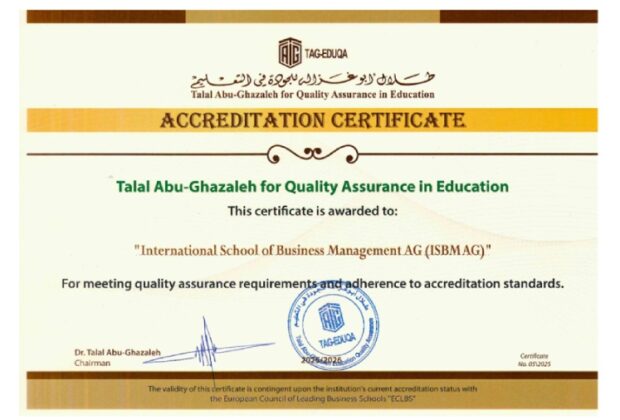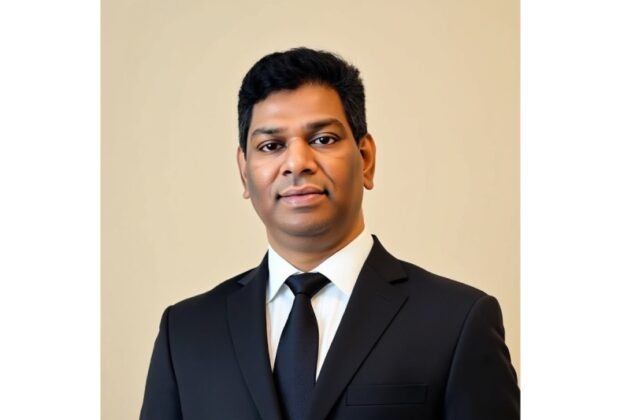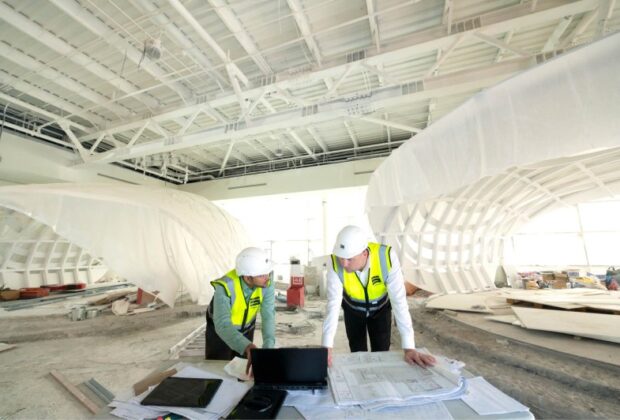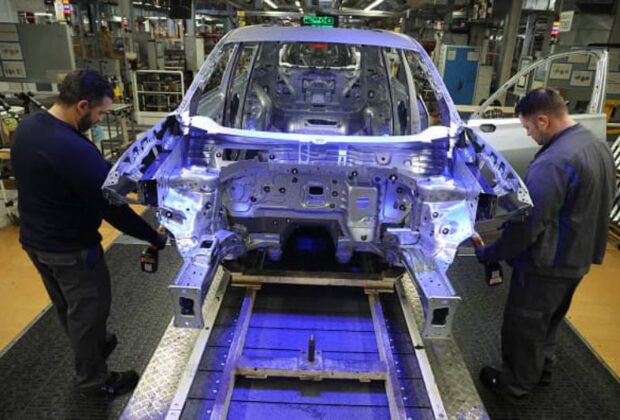Explore exclusive insights from Hara Krishna Reddy Koppolu on the evolving role of AI in enterprise systems, data engineering, and intelligent automation.
AI isn’t just transforming businesses, it’s rebuilding their core. To explore what lies ahead, we sat down with Hara Krishna Reddy Koppolu, who has decades of hands-on experience and has led some of the most ambitious AI and data engineering projects in telecom, finance, and enterprise tech.
Hara Koppolu’s work on 5G network optimization, fraud detection, and real-time analytics has changed how companies think and act. In this interview, he breaks down the complex world of AI-powered systems into clear, understandable concepts and real-world applications. From cloud-native platforms to predictive intelligence, Krishna shares what’s working now and what’s next. To him, it’s not just about the future of AI, it’s about making that future real.
Q1: Hara Krishna, thank you for joining us today. Your extensive experience in AI, machine learning, and data engineering has positioned you in a leading position of intelligent automation. Could you share how your journey led you to specialize in these areas and what drives your passion for advancing enterprise AI solutions?
Hara Koppolu: Thank you for having me. My journey into AI and data engineering began with a deep curiosity about how intelligent systems could automate and optimize complex business operations. Working across organizations like TCS, CSG, and Savantis gave me a firsthand view of the challenges in scaling enterprise infrastructure. This inspired me to explore how AI and machine learning could introduce agility, personalization, and predictive intelligence into legacy environments. My passion lies in building scalable, autonomous systems that go beyond automation to enable real-time, adaptive decision-making—something I focus on through agentic AI and deep learning frameworks that support intelligent enterprise transformation.
Q2: In your paper, “Advancing Customer Experience Personalization with AI-Driven Data Engineering,” you discuss integrating deep learning methodologies for real-time customer interactions. How do you envision this approach transforming customer engagement strategies in the next five years?
Hara Koppolu: In my paper “Advancing Customer Experience Personalization with AI-Driven Data Engineering,” I propose a shift toward hyper-personalized, real-time engagement powered by deep learning. Over the next five years, I envision enterprises deploying agentic AI to process live customer data streams and dynamically adjust content, recommendations, and support interactions across channels. This will result in truly individualized customer journeys. Businesses will move from reactive engagement to anticipatory service, leveraging sentiment analysis, behavioral modeling, and NLP-based interaction engines to foster loyalty and increase lifetime value.
Q3: Your research, “AI-Powered Revenue Management and Monetization,” presents a data engineering framework focusing on automation and predictive analytics. What challenges do organizations face when implementing such frameworks, and how can they overcome them to enhance billing accuracy and customer segmentation?
Hara Koppolu: In “AI-Powered Revenue Management and Monetization,” I explore challenges such as data silos, inconsistent billing systems, legacy architecture limitations, and resistance to automation. These issues can hinder scalability and lead to billing inaccuracies. To overcome them, organizations must invest in centralized data pipelines, enforce robust data governance, and implement modular AI systems that are both explainable and interoperable. A phased approach—starting with predictive analytics for billing and gradually layering in segmentation AI—ensures smoother adoption and measurable ROI.
Q4: Considering your work on agentic AI for automated payment fraud detection, how does incorporating deep learning enhance the predictive intelligence of merchant services, and what implications does this have for the future of digital payment security?
Hara Koppolu: Deep learning brings pattern recognition and predictive power to fraud detection, as explored in my research “Deep Learning and Agentic AI for Automated Payment Fraud Detection.” Traditional rule-based systems often miss subtle anomalies, while deep learning models can detect evolving fraud patterns across multiple data streams—transactional behavior, geolocation, device fingerprints, etc. The future of digital payment security lies in autonomous, self-learning systems that adapt to new fraud techniques in real time while maintaining explainability and compliance. This shifts fraud management from reactive to preemptive.
Q5: Your work spans both the technical and strategic dimensions of enterprise AI. Drawing from your extensive experience across organizations like TCS, CSG, and Savantis, how do you approach aligning AI initiatives with long-term business objectives in legacy enterprise environments, and what challenges have you encountered in bridging the gap between AI solutions and organizational readiness for change?
Hara Koppolu: Aligning AI with long-term business objectives in legacy environments requires a strategic blend of technological innovation and cultural transformation. My experience has shown that one key challenge is the gap between executive vision and operational readiness. At organizations like TCS and CSG, I’ve implemented AI roadmaps that align with core KPIs such as customer retention, revenue growth, and cost reduction. By starting with quick wins—like AI-enabled CPQ systems or predictive maintenance—we build confidence. Change management, training, and executive buy-in are crucial to overcoming organizational inertia and ensuring sustained impact.
Q6: Reflecting on your contributions to 5G network optimization and AI-driven digital transformation, what emerging trends do you foresee in the integration of AI with next-generation network solutions, and how should enterprises prepare to adapt to these advancements?
Hara Koppolu: AI is increasingly central to 5G and next-gen network optimization. In my research “Enhancing Large-Scale Network Optimization Through Agentic AI” and “Next-Gen AI-Driven Network Solutions,” I highlight the role of deep reinforcement learning and data engineering in enabling intelligent traffic routing, load balancing, and self-healing networks. Trends include edge AI for latency-sensitive applications, AI-powered orchestration for hybrid cloud infrastructure, and autonomous SLA management. Enterprises should prepare by investing in scalable AI infrastructure, upskilling talent in AIOps, and fostering agile data cultures that enable experimentation and rapid deployment.
Conclusion
Hara Krishna Reddy Koppolu has made one thing crystal clear for all of us: the future of enterprise isn’t built on buzzwords; it’s built on smart systems that work in real time. He engineers AI, scales it, and turns it into business results. His views on autonomous decision-making, predictive intelligence, and scalable infrastructure offer a roadmap.
Hara Koppolu’s insights are deeply relevant to everyone running a startup or managing enterprise systems at scale. Since he’s one of the very few who are staying grounded while working in a leading position of innovation, we believe him when he says AI isn’t some distant force. It’s here, it’s growing, and it’s changing everything, from how we manage networks to how we make decisions. That change looks more practical and more promising than ever. The future of AI-driven enterprises is already unfolding.
Read Full Article









